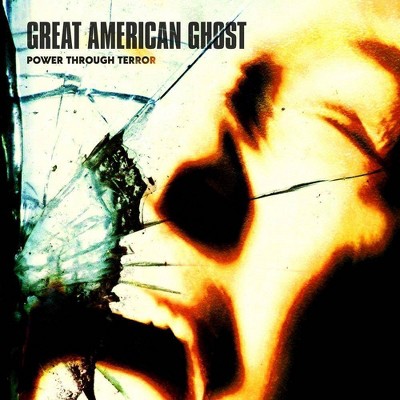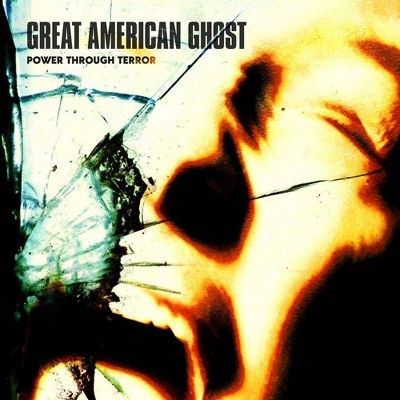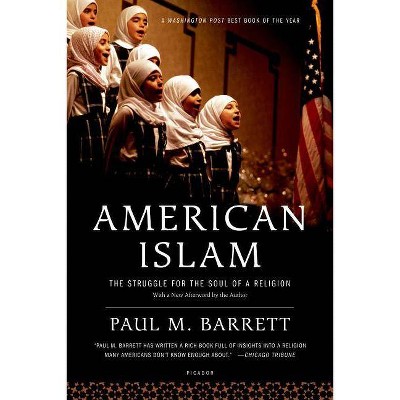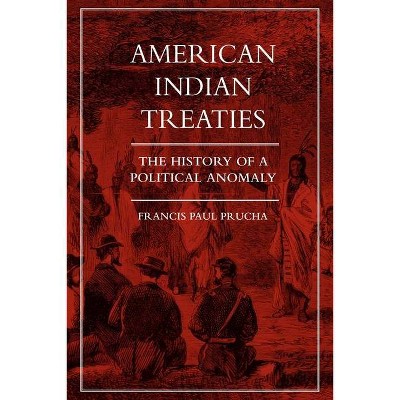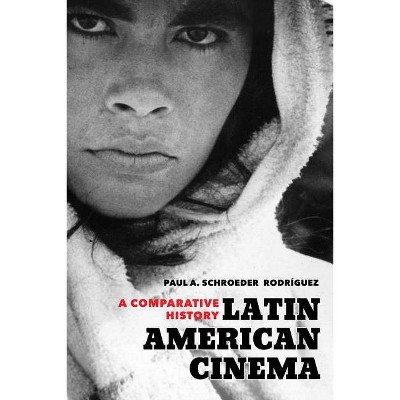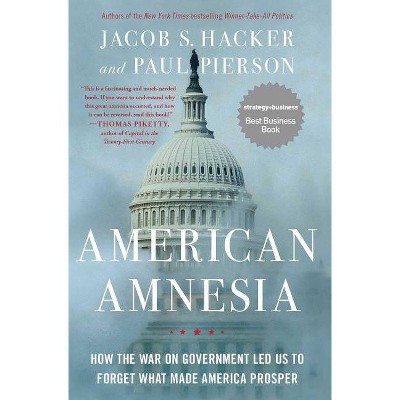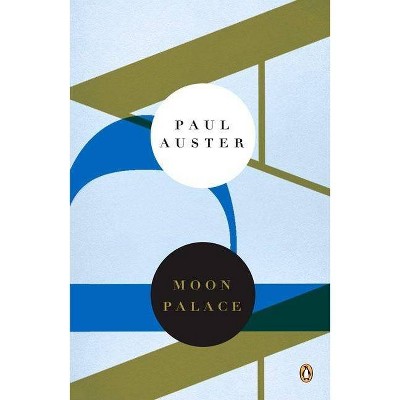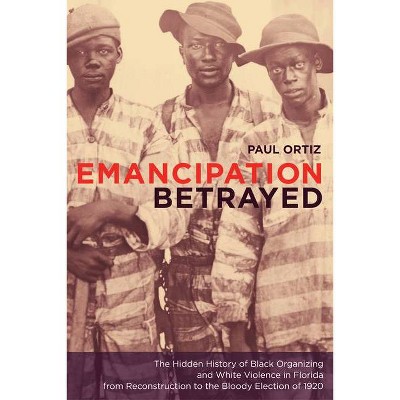American Terror - by Paul Hurh (Paperback)
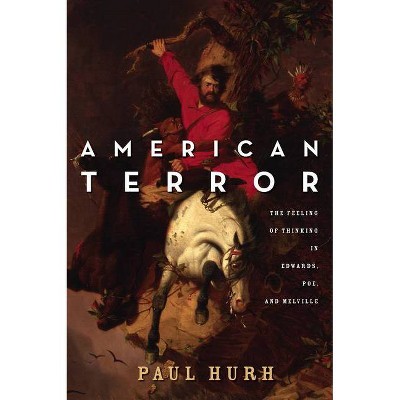
Similar Products
Products of same category from the store
AllProduct info
<p/><br></br><p><b> About the Book </b></p></br></br>Contrary to accounts that interpret terror in opposition to reason, this book shows how three authors famous for their works and theories of terror--Jonathan Edwards, Edgar Allan Poe, and Herman Melville--developed a terror that incorporates, theorizes, and extends the Enlightenment claims of reason as feeling.<p/><br></br><p><b> Book Synopsis </b></p></br></br>Contrary to accounts that interpret terror in opposition to reason, this book shows how three authors famous for their works and theories of terror-Jonathan Edwards, Edgar Allan Poe, and Herman Melville-developed a terror that incorporates, theorizes, and extends the Enlightenment claims of reason as feeling.<p/><br></br><p><b> Review Quotes </b></p></br></br><br><i>American Terror</i> is easily one of the most exciting works of Americanist criticism I have read in a long while. It is a strikingly original piece of scholarship; argued with great rigor, care, and verve; as attentive to its texts' literary dimensions as to their epistemological ones; and able in a way that very few studies are to explicate the ways in which these intertwine.--Jennifer Fleissner "Indiana University"<br><br>Hurh asks why terror so often accompanies the philosophical provocations of Edwards, Poe, and Melville. His compelling answer is that their obsessions with method (thinking about thinking) not only reveal the limitations and unresolvable contradictions of reason in terrifying ways, but more importantly show the affect of terror to be constitutive of knowledge-seeking itself.--Maurice Lee "Boston University"<br><br>Hurh makes a case for American literature's vibrant contribution to post-Enlightenment philosophy, even going so far as to locate the seeds of post-structural thought in the terrors of, for example, Poe's representation of the trapped and fractured self. There is both excitement and terror here in the dawning realization that he is right.--Kevin Corstorphine "<i>Journal of American Studies</i>"<br><br>In this fascinating study, Hurh explores the philosophical and historical foundations of the 'distinctive tone of terror' in the work of Jonathan Edwards, Edgar Allan Poe, and Herman Melville . . . The book is meticulously researched, and Hurh displays a wide-ranging knowledge of history, philosophy, and literary theory. Advanced readers will appreciate Hurh's attention to detail and his ability to convey complicated ideas in a straightforward manner . . . Highly recommended.--J. W. Miller "<i>CHOICE</i>"<br><p/><br></br><p><b> About the Author </b></p></br></br><b>Paul Hurh</b> is Associate Professor of English at the University of Arizona.
Price History
Price Archive shows prices from various stores, lets you see history and find the cheapest. There is no actual sale on the website. For all support, inquiry and suggestion messagescommunication@pricearchive.us
